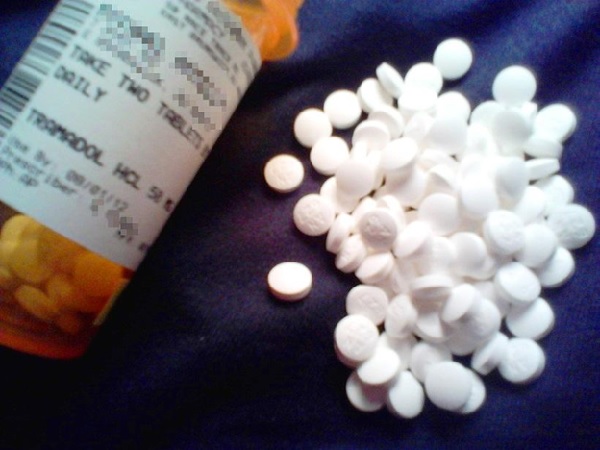
BY MENGISTEAB TESHOME
Ethiopia is embarking on the implementation of its National Drug Control Master Plan 2017 -2022 putting the health, safety, security and development of its people at the heart of its policy
This is in recognition of the country’s growing drug use and trafficking problem and the need to mount a multi-sectoral response to address it comprehensively and effectively.
As the document states, the Master Plan embraces both the drug supply reduction and drug demand reduction aspects, as well as acknowledging a need to respond to a new threat to public health posed to the new pattern of injecting drug use through a harm reduction component, the whole within a policy and legislation framework.
It further recognizes the essential requirement for institutions, communities and civil society to work together in order to achieve success. It, therefore, stimulates the synergy between several key government institutions at federal and district levels, while involving communities at the grassroots. This approach is well-articulated within an institutional framework, encompassing the policy, legislation and legal arenas.
The Government of Ethiopia is convinced that the NDCMP will provide the necessary framework for all sectors to work with the maximum of success to protect the country and its people from the threat of drug use and
trafficking. The country also wants to fulfill its role in the region and at the international levels in order to thwart the danger that the trafficking of illicit drugs and licit narcotics and psychotropic substances and of precursor chemicals pose to peace and security.
As part of this efforts, the Ethiopia Food and Drug Authority (EFDA) has been working in partnership with stakeholders to dealing with drug problems, prevent drug misuse, and address the growing risk of drugs use.
Of late, the Addis Ababa Food Medicine Health Administration and Control Authority (AAMHACA) had organized an event that focuses on informing those stakeholders engaged in the pharmaceutical sector and pharmacists about the drug trafficking realities on the ground; patterns of drug distribution and the role of retailing drug stores.
Speaking at the event, EFDA Director General
Heran Gerba said that it is witnessed that societies are facing illicit drug problems and poor service delivery in the pharmacy services that threatens the lives of the posterity and the productive human capital from realizing their full potential. The act is becoming an obstacle and is creating social and economic challenges.
“We, all should be abided by the rule and regulation of the nation, and pharmacists should work professionally rather than being only business oriented.”
According to her, efforts are finalized to restructure the EFDA’s arrangement with the states and city administrations in order to help deliver services in more established manner than ever, make it work more effectively and to strengthen nation’s efforts to ensure safety and/or efficacy of medicines, food, cosmetics and medical devices as per standards and tackling the challenges of substandard medicines and drug trafficking. She further noted that, nation is working with the Ethiopia Customs Authority and National Intelligence and Security Service (NISS) and regional and international bodies.
The production, wide distribution and use of illicit drugs is a global challenge with far-reaching effects on the social, economic, and health of societies. Therefore, it should be tackled before it gets out of hand. “As developing nations, we fulfill from 80 to 90 percent of nation’s demand for medicine and equipment through importation. Unless we strive to join hands and work diligently, the danger is lofty; it is like a tsunami but the silent one. To curb the danger, we should act beforehand.”
AAMHACA General Director Tadesse Atlabachew for his part noted that, the Authority is working joining hands with all stakeholders to ensure the wellbeing and safety of the general public. There are findings proved through inspections and identified gaps that should be addressed in coordination along stakeholders and awareness creation and law enforcement efforts will be further strengthened.
Pharmacists and business owners who may engage in illicit activities will be accountable for any malpractices, such as dispensing medicines without prescription, prescribing with authority among others, as per the law of the land. He also urged pharmacists and owners to exert their energy committedly to the effort in the process.
The Ethiopian Herald November 15/2022





